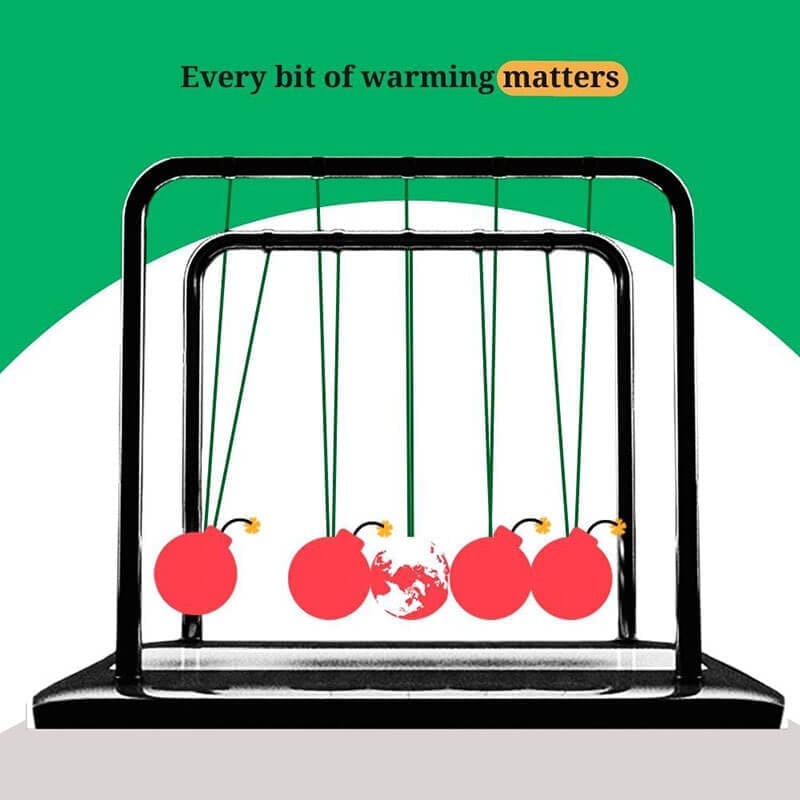The President of COP28, Sultan Al Jaber, has sparked controversy by asserting that there is no scientific evidence supporting the necessity of a complete phase-out of fossil fuels to limit global heating to 1.5 °C. In a recent online event, Al Jaber clashed with Mary Robinson, Chair of the Elders group, over the role of fossil fuels in sustainable development, leading to accusations of climate denial and concerns about potential conflicts of interest.
Al Jaber’s remarks, dismissing the need for a fossil fuel phase-out and suggesting it would regress the world “back into caves,” have drawn criticism from scientists and environmental advocates. He argued that sustainable development is incompatible with such a phase-out, emphasizing that the world still needs energy sources and casting doubt on the scientific consensus supporting drastic emissions reductions.
Al Jaber’s dual role as the President of COP28 and the CEO of Adnoc, the United Arab Emirates’ state oil company, raises concerns about a conflict of interest. Adnoc’s significant role in the oil and gas industry conflicts with the global push for reducing reliance on fossil fuels to combat climate change, putting Al Jaber’s objectivity in question.
Over 100 countries support a fossil fuel phase-out, making it a contentious issue at COP28. While some nations, including the United States, advocate for a complete phase-out, others like Russia, Saudi Arabia, and China reject such measures. The framing of the agreement, whether it calls for a “phase-out” or “phase-down,” remains a critical point of contention that could determine the summit’s success.


The comments made by Al Jaber directly contradict the stance of UN Secretary-General António Guterres, who unequivocally stated that achieving the 1.5 °C limit requires the cessation, not just reduction, of burning all fossil fuels. Scientists argue that Al Jaber’s position verges on climate denial and undermines the urgent need for rapid emissions cuts to mitigate the worsening impacts of climate change.
Critics argue that Al Jaber’s call for a “roadmap” for a fossil fuel phase-out is already addressed in existing documents, such as the International Energy Agency’s net-zero emissions scenario. They emphasize that the adoption of renewable energy and the abandonment of fossil-driven high emission economies hold massive co-benefits and are essential for achieving the UN’s sustainable development goals.
As COP28 unfolds, Al Jaber’s controversial statements and potential conflicts of interest cast a shadow over the summit’s proceedings. The debate surrounding fossil fuel phase-out remains a pivotal point of contention, highlighting the need for global collaboration and commitment to address the climate crisis. The world watches as leaders grapple with finding common ground to navigate the path toward a sustainable and resilient future.
Source: UN Climate & Environment
Featured image credit: UN Climate Action




